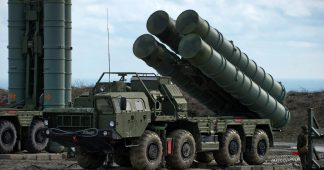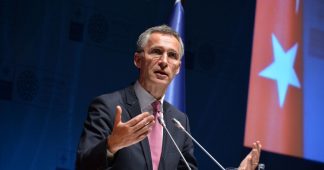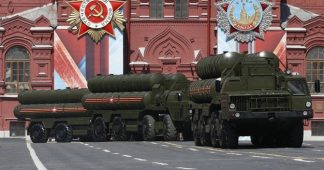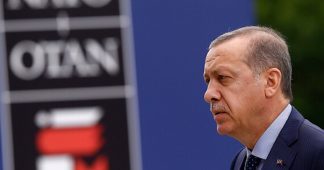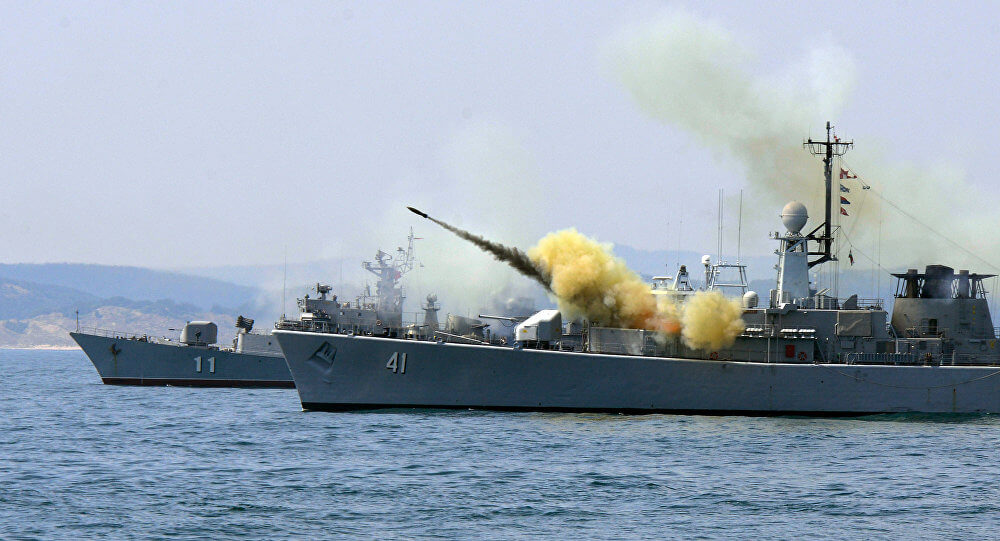WASHINGTON — A top NATO official has warned of “necessary consequences” for Turkey should the alliance member purchase a Russian air-defense system.
Gen. Petr Pavel, chairman of NATO’s Military Committee, said Wednesday that while each nation is free to make its own defense decisions, Turkey’s planned buy of the S-400 system would preclude Anakara from being part of any integrated air-defense system with NATO allies, and may result in other technical restrictions.
“The principal of sovereignty obviously exists in acquisition of defense equipment, but the same way that nations are sovereign in making their decision, they are also sovereign in facing the consequences of that decision,” Pavel told a group of reporters hosted by the Defense Writers Group.
While Turkey announced its choice of the S-400 in September, Ankara has yet to sign final paperwork on the deal, and until they do, Pavel said it is “fair among allies to have that discussion, to raise all concerns and potential difficulties.”
Other concerns raised by Pavel about the system were “most security” focused, noting that even if NATO missile defense systems are not integrated with the S-400, its mere presence “creates challenges for allied assets potentially deployed onto the territory of that country.”
Notably, Turkey is both a partner nation and a sustainment hub for the F-35 Joint Strike Fighter Program, which is central to the future air power of several NATO nations, including the U.S. and the U.K. Some experts have questioned if an S-400 system active in Turkey could gain information about the stealthy jet that could have operational impact down the line.
Still, Pavel said Turkey remains a key part of NATO, even as outside groups have raised concerns that the government of President Recep Tayyip Erdogan is sliding away from democracy.
“When it comes to democratic deficits, show me one single nation that is perfect. No one is perfect,” Pavel said. “No one challenges the role of Turkey as an important ally at the very difficult crossroads of challenges to the alliance.”
